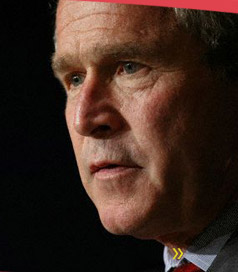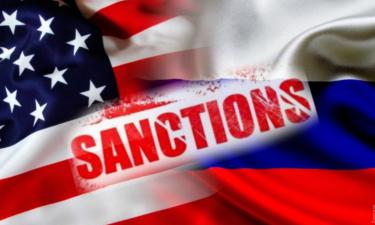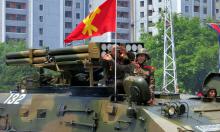U.S. President George W. Bush arrives in India
U.S. President George W. Bush arrives in India on Wednesday on his first visit to the world's largest democracy, hoping to elevate a new friendship between the two nations into a strategic partnership.

The three-day visit, the fifth by a U.S. president, has raised expectations in Asia's third-largest economy, which has slowly shed its socialist baggage and turned to the West to help it become a regional power.
Both countries hope Bush and Indian Prime Minister Manmohan Singh will clinch a landmark civilian nuclear cooperation deal, seen as the centerpiece of the visit.
The deal, agreed in principle last July when Singh visited Washington, has run into trouble over differences on nuclear-armed India's plan to separate its military and civilian atomic plants to prevent proliferation, a key requirement.
However, both sides have tried to play down expectations even as they continue to discuss the number of reactors India will declare as civilian and open them up for international inspections.
Clinching the deal during the visit would be "a great contribution of President Bush to ending India's isolation from the world nuclear order," Singh said in an interview to a U.S. TV channel ahead of the president's arrival.
"I look upon it as an act of historic reconciliation," Singh said, referring to the past three decades during which India was prevented from accessing outside nuclear technology and supplies needed to meet its soaring energy needs.
India has refused to join the Nuclear Non-Proliferation Treaty, contributing to its isolation.
India's extensive atomic weapons program to counter Pakistan and China's nuclear arms is a further concern for some members of the U.S. Congress, who have cast doubt on the viability of any deal between Singh and Bush, reports Reuters.
Subscribe to Pravda.Ru Telegram channel, Facebook, RSS!




